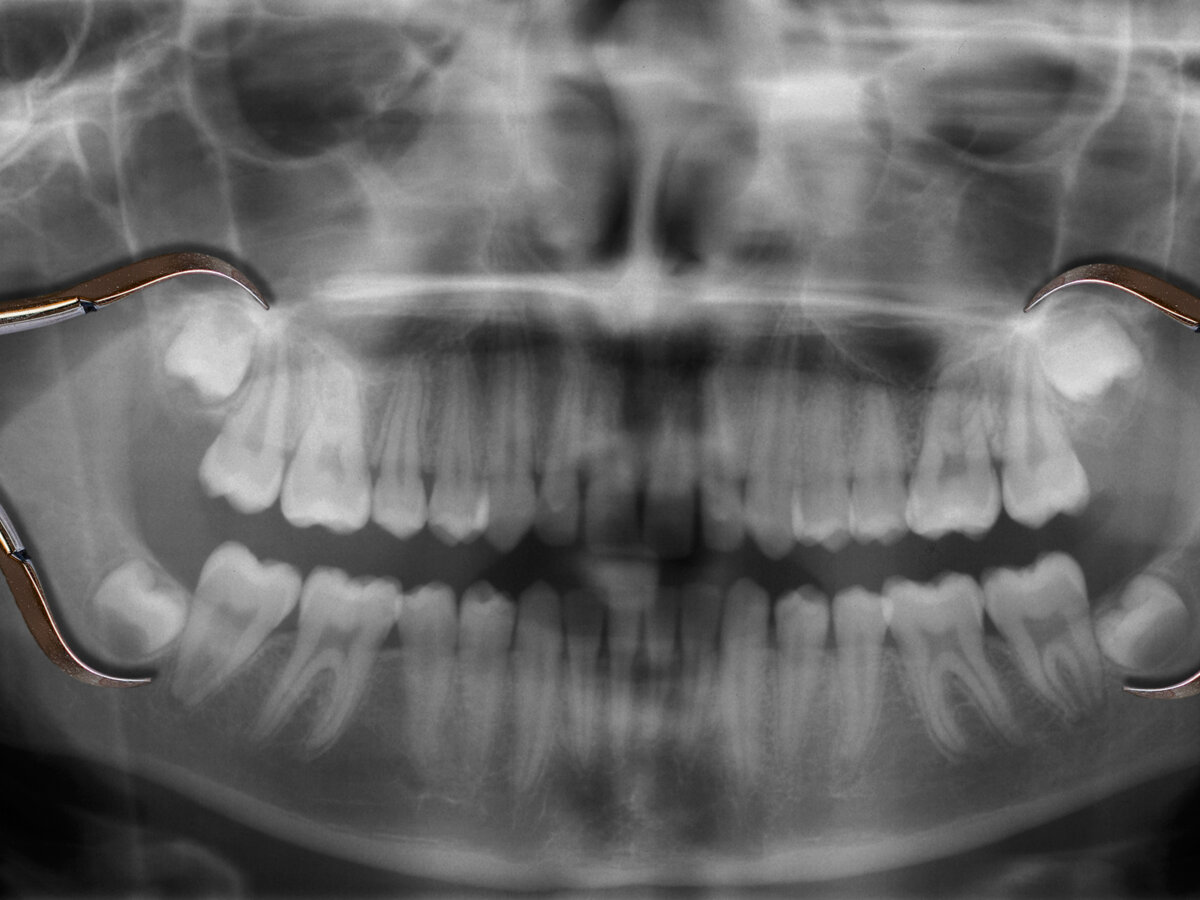Blog
Dental hygiene tips for healthy teeth & gums

How to clean wisdom teeth?
A lot of people from the age group 13- 40 experience the eruption of a third molar set, commonly known as the wisdom teeth. The name comes from the fact that they are the last out of all the teeth to emerge. Humans have evolved past the need of having an extra set of molars to chew raw food, and this is why many people never get their wisdom teeth. Although it isn’t a cause of concern for some people, they might cause excessive pain, redness, swelling and gum problems in most individuals. Even in the absence of these symptoms, it is crucial to properly care for the wisdom teeth as they may potentially cause harm to your oral health. The first step towards that is learning how to clean wisdom teeth.
WHY WORRY ABOUT WISDOM TEETH?
It can be challenging to clean the wisdom teeth properly. But any carelessness in this could lead to the following problems:
- Infections
- Tooth decay caused by entrapment of food
- Dental cavities
- Crowding, damage to neighboring teeth
- Cysts or tumors
- Other gum diseases
Unless the wisdom tooth is causing some problems to your dental health, dentists prefer leaving it alone. In that case, it becomes essential to know how to take care of this type of teeth.
HOW TO CLEAN WISDOM TEETH?
It is recommended that people with wisdom teeth brush them along their gum line. This helps remove any debris that may have accumulated there.
- Opt for the right kind of brush: Most toothbrushes are not able to reach the wisdom teeth to clean them properly. This is why people with wisdom teeth should opt for a soft-bristled toothbrush. The soft head of these brushes makes it easier to reach the harder parts of the mouth and remove any food particle stuck there. Specially designed brushes for cleaning wisdom teeth are available.
- Flossing: Flossing can help remove any food stuck in between the teeth and also help the toothpaste clean the teeth more effectively. Flossing is effective in preventing the formation of plaque on teeth which is the primary cause of tooth decay. Water flossers can help clean the inaccessible areas of your mouth.
- Use a mouthwash: Using a mouthwash that has antimicrobial activity can help remove the harmful bacteria that might be thriving in parts of your mouth.
- Gargling: Salt Water gargle can help ease any soreness and also takes care that no harmful bacteria remains in our mouth.
- Professional cleaning: Having your teeth cleaned frequently by a professional can help ensure that the wisdom teeth aren’t damaging your dental health.
To save yourself from the painful procedure of getting wisdom teeth removed, it is better to prioritize cleaning and to take proper care of these teeth. Devoting time to your dental hygiene can go a long way in saving you from the discomfort and pain of dental procedures.
Book Appointment to find out which treatment might be best for you.


